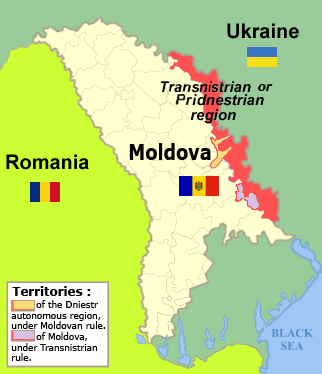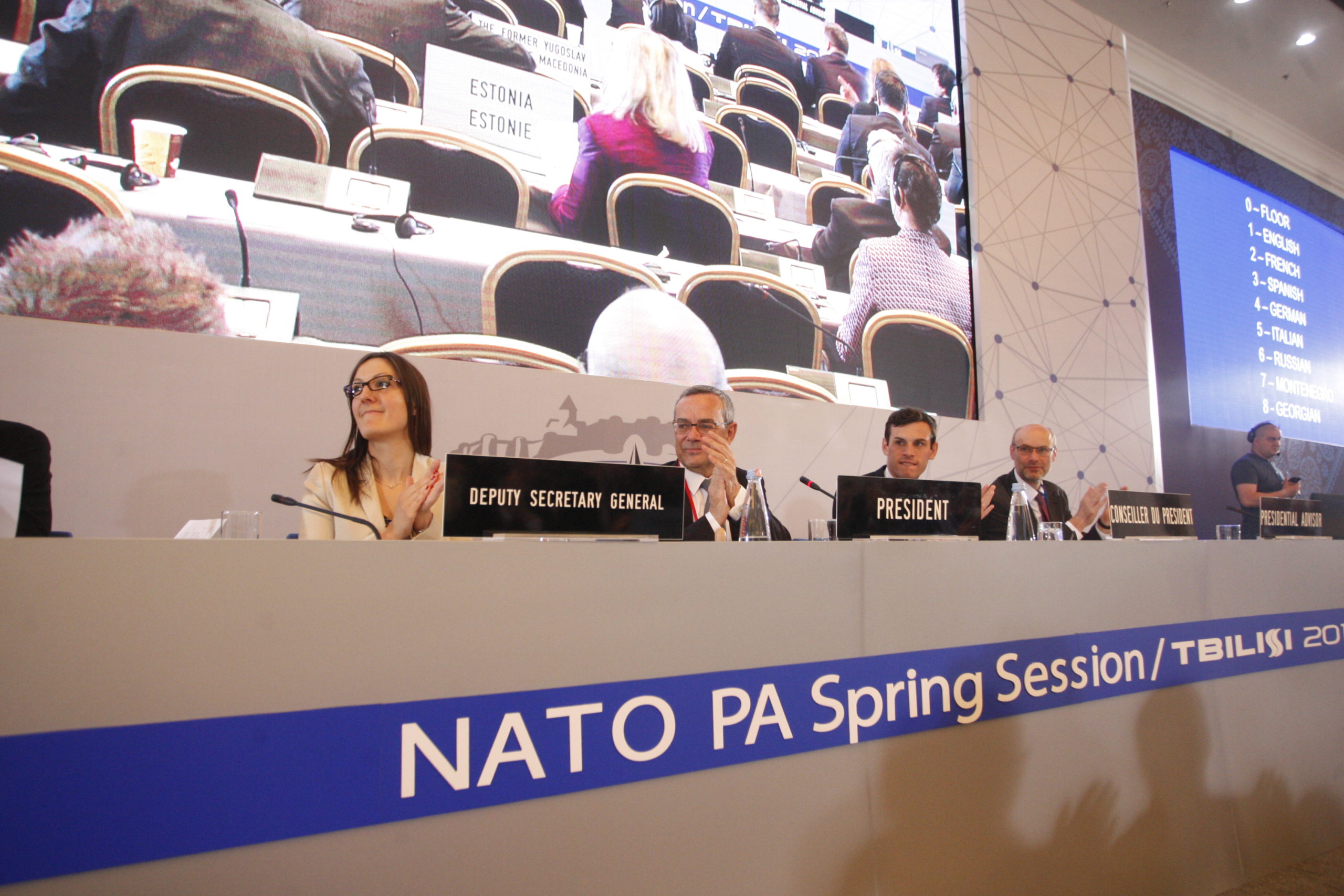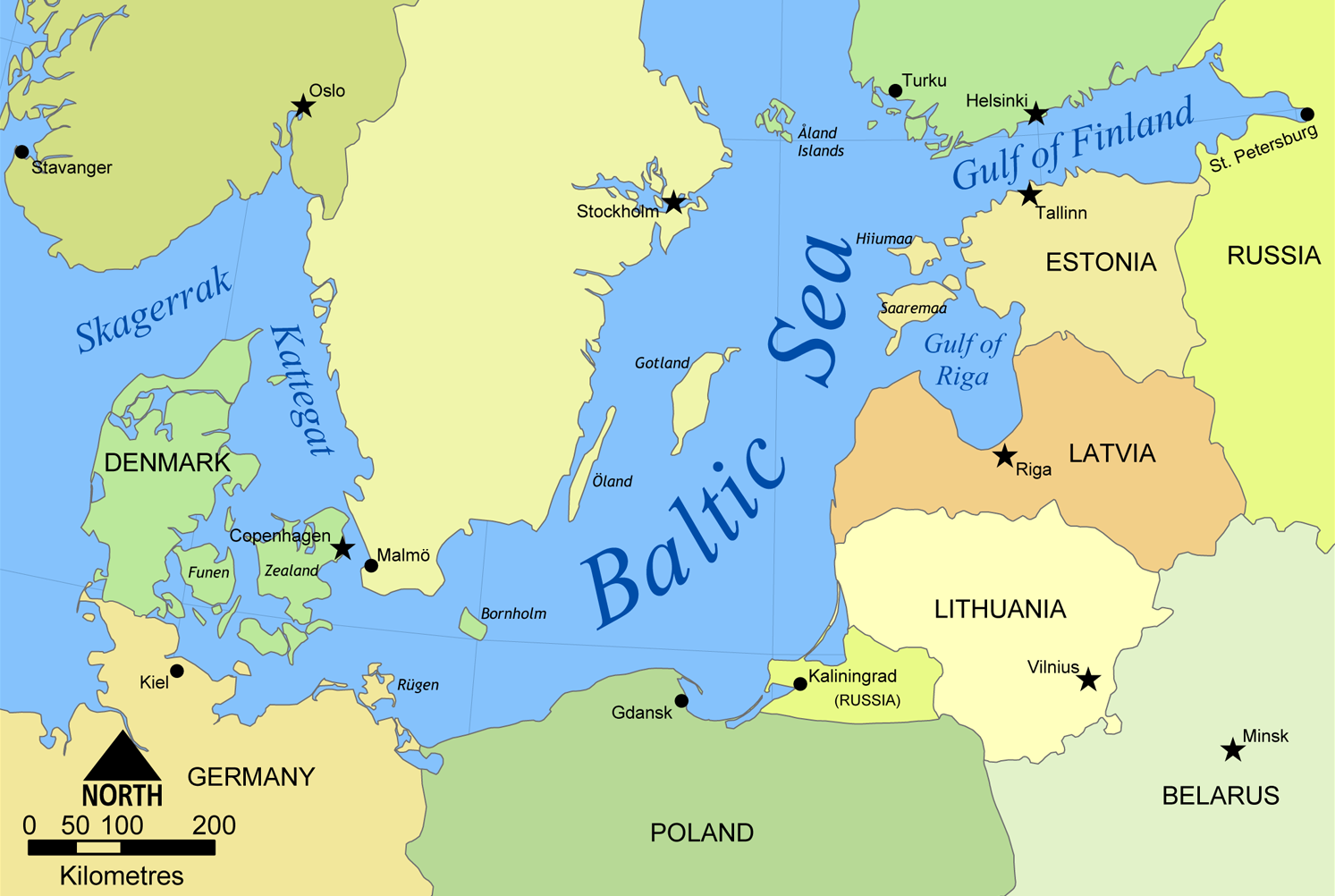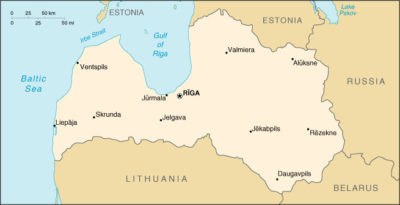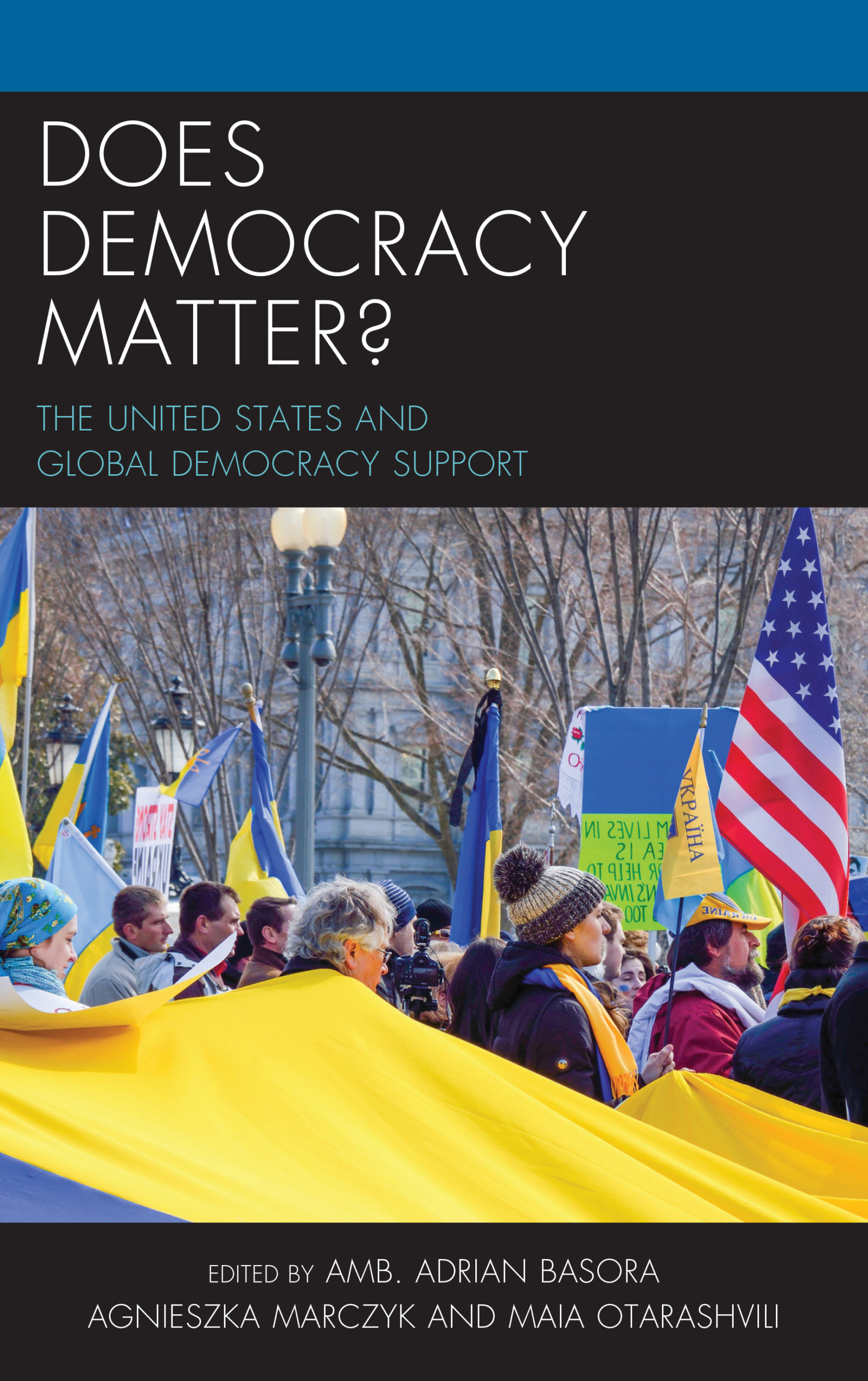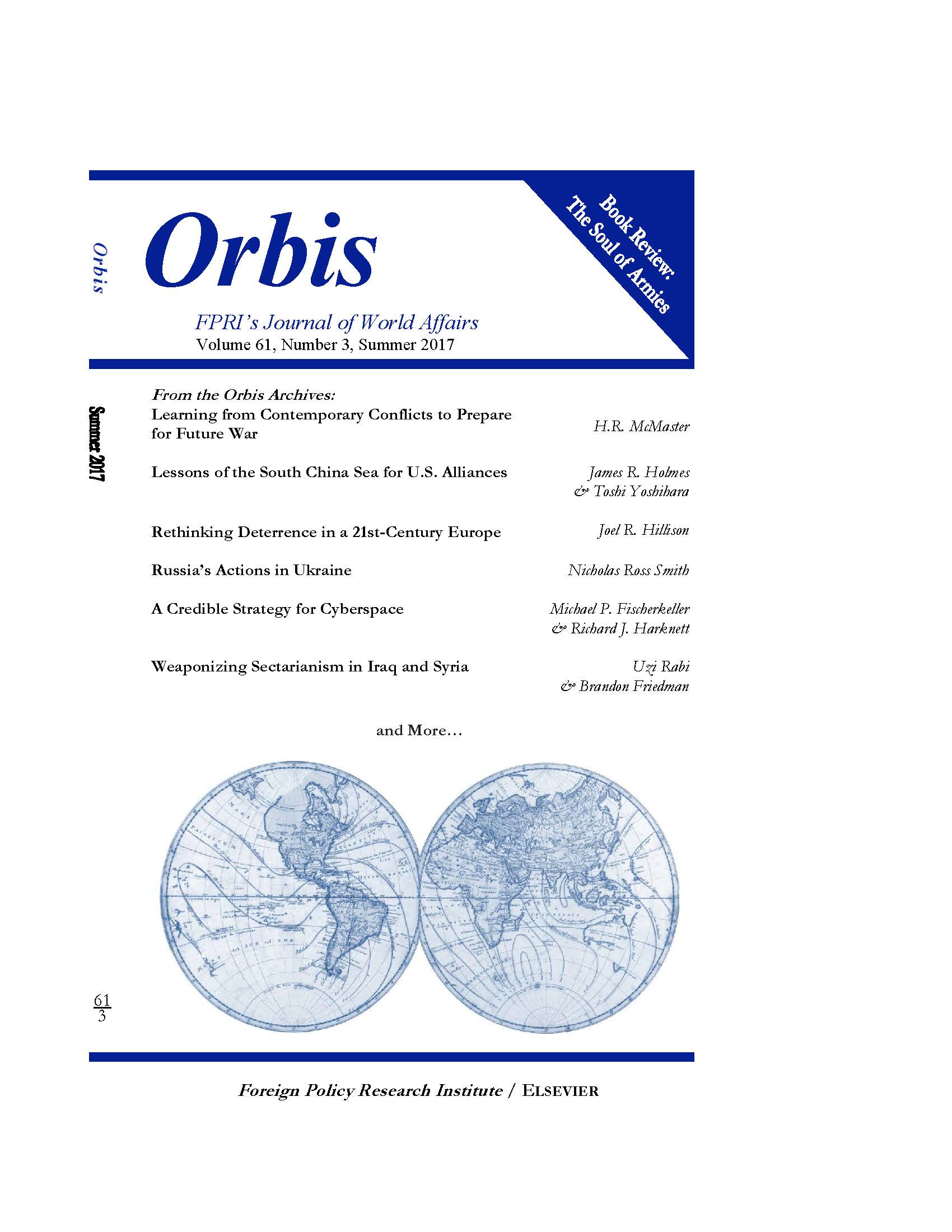A nation must think before it acts.
Eurasia
The Transnistrian Conflict: A Destabilizing Status Quo?
The conflict in Transnistria is the last secessionist conflict in the post-Soviet space that remains “frozen,” in the sense that unlike in Georgia or Nagorno-Karabakh, both sides agree on the boundary line, and there is no ongoing fighting. Nevertheless,...
Read more »Georgia after Montenegro’s NATO Accession
Montenegro’s recent accession to the North Atlantic Treaty Organization (NATO) sent an important political message to Russia’s post-Soviet neighbors: NATO’s door remains open to new members no matter the security environment. This signal will likely propel many post-Soviet countries...
Read more »China’s Awkward Debt Problem
The Wall Street Journal When the chairman of China’s Dongbei Special Steel Group hanged himself last year, it was clear that something at the firm was going horribly wrong. Next, the company defaulted on nine separate corporate bonds, telling...
Read more »The Trump-Putin Meeting: No More than Baby Steps
The National Interest Donald Trump and Vladimir Putin were scheduled to meet for only about thirty minutes, but they remained closeted together for over two hours today on the sidelines of the G-20 summit in Hamburg, Germany, the first...
Read more »Fighting Disinformation in the Baltic States
Russian media played a key role in stoking the conflict in Ukraine, sparking fear in the Baltic states that they could become the next target. In the wake of the Euromaidan protests in Ukraine, Russian state-owned media shaped a...
Read more »America’s Adversaries Are Not Happy with Trump
The National Interest There was no pressing reason for Xi Jinping to stop off in Moscow for a summit meeting with Russian president Vladimir Putin. There have already been two recent high-level contacts where critical issues in the Russia-China...
Read more »What the Riga Elections Say about Latvian Politics
On June 3, 2017, nine Latvian cities and 110 municipalities elected local councils, which are tasked with creating and maintaining municipal regulations, implementing social services, and overseeing local schools. The key question of these elections was whether Harmony, a...
Read more »What Should Be the Role of Democracy Promotion in American Foreign Policy?
On June 19, the Foreign Policy Research Institute (FPRI) hosted a BookTalk on “Does Democracy Matter?,” a recently published collection of essays edited by Adrian Basora, Agnieszka Marczyk, and Maia Otarashvili. The panel featured Ambassador Basora and Nikolas Gvosdev,...
Read more »Considering Ukraine’s Ethnic Minorities and Their Influence on Russian Foreign Policy
Abstract Transnational Ethnic Alliance Theory at its core posits that the majority ethnic group in one state will come to the defense of its ethnic brethren that are a minority in a neighboring state, if that group is facing...
Read more »What the West Can Learn from Rationalizing Russia’s Action in Ukraine
Abstract Russia’s foreign policy decisions towards Ukraine in the context of the “Ukraine crisis” have been portrayed largely in a negative light which crudely paints Russia’s actions as being imperialistic, evil and largely irrational. This article argues that by...
Read more »



